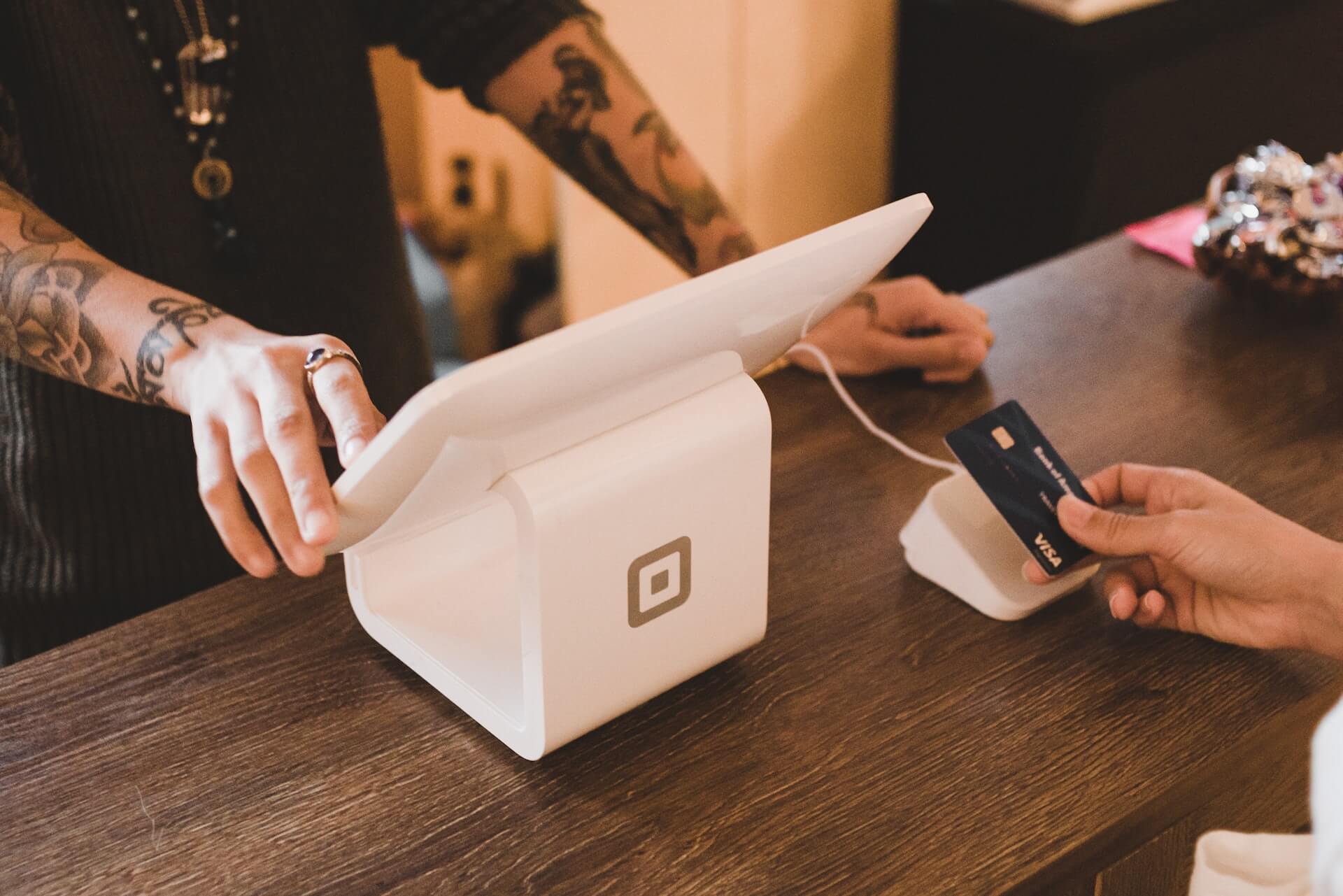Chip Klose and the ABCDEs of Marketing
by David Klemt

Marketing strategist and restaurant coach Chip Klose knows that if a process is too complex, people will abandon it. Hence, his ABCDEs of Marketing.
At this year’s Bar & Restaurant Expo, Klose broke down his marketing process. Additionally, he explained his overall approach to his marketing strategy.
First, Klose makes clear that there definitely is a right way to market. Put simply, the correct way involves taking a results-oriented approach. Ask yourself what what result you want from your marketing. Then, measure the results.
Second, people need to differentiate marketing from marketing tools. SEO, social media, table toppers, digital presence—these are tools. Marketing is how people answer a number of key questions:
- What’s the product?
- Who’s the product for?
- How can marketing reach the target (audience)?
When people come to the understanding that marketing is maximizing the use of marketing tools, they’ll implement far more effective campaigns.
A: Audience
According to Klose, most people create a product—in the context of this article, a restaurant, bar, hotel, etc.—and then look for an audience.
That approach makes it difficult to implement an effective marketing strategy. Why? Because it makes it more difficult to understand a concept’s category. Without that understanding, it’s challenging to segment the population to identify targets.
Instead, Klose recommends looking at a market and asking the following question: Who has a problem? The standard advice entrepreneurs receive is to identify a problem, create a solution, scale, and retire on an island.
Well, owners and operators in the hospitality space are entrepreneurs. So, Klose suggests looking at what a given market is missing in terms of a restaurant, bar or hotel. So, find an audience’s pain point. This will not only help narrow down a concept, it will reveal if a solution already exists.
The next step, of course, is conducting a feasibility study, one of KRG Hospitality’s core specialties.
B: Brand
Assuming a restaurant or bar concept is the solution to an audience’s problem (proven by a feasibility study, of course), the next step is communication.
The restaurant idea isn’t “just” a restaurant, the bar not “just” a bar, the hotel concept not “just” a concept. No, the concept coming to their market is a solution to the audience’s problem.
When crafting a marketing plan, the messaging should articulate what problem the concept solves, and how.
C: Competition
There are essentially a few ways to view other businesses in this industry. They’re competition to stay ahead of; not competitors at all; or operations that serve to validate an operator’s solution to an audience’s problem.
Klose falls into the validation camp. Is another concept trying to solve the same problem? That means an operator bringing their own solution to the same market is onto something.
“Competition validates your idea and gives you a category,” says Klose.
Identifying a concept’s category provides an operator with the opportunity to stay top of mind, to dominate that category.
Once again, however, this also points to the need for a feasibility study. One or two solutions to the same problem is one thing. Entering a market saturated with the same solution is quite another. A feasibility study exposes saturation.
D: Differentiation
So, an operator has their solution to an audience’s problem. They’re confident in the completion of their due diligence. They have a brand identity and it communicates how it solves a problem. The competition is identified and the operator is moving forward with their solution confidently.
What’s next?
Whether an operator subscribes to the idea that they have no competitors, want to crush the competition, or use competitors as a yardstick, they need to differentiate themselves.
Klose says answering the questions below can help:
- How does the concept stand out in a given market?
- Once that concept is firmly in a category, how does it separate itself from the competition?
- What are the stories only this operator and brand can tell?
That last question should be circled, underlined, italicized, and bolded. In fact, Klose asks his clients to write down 20 stories only they can tell. The results give them plenty of marketing material and helps them differentiate their concept from others.
E: Everything
Yes, “E” is for “everything.” As in, everything that makes a brand, a brand.
The brand’s logos and colors. The steps of service, food, drinks, even the pricing… These and more are the elements—the everything—that give a brand an identity.
Understanding and applying Klose’s ABCDEs will help operators maximize the use of marketing tools for their marketing strategies. There are a lot of solutions to problems out there, and even more noise. An effective marketing strategy cuts through that noise to put an operator’s specific solution directly in front of their target audience.
Be sure to follow Klose on Instagram and check out his Restaurant Strategy podcast. And make sure to check out KRG’s Bar Hacks podcast if you aren’t a regular listener already.
Image: Diomari Madulara on Unsplash






